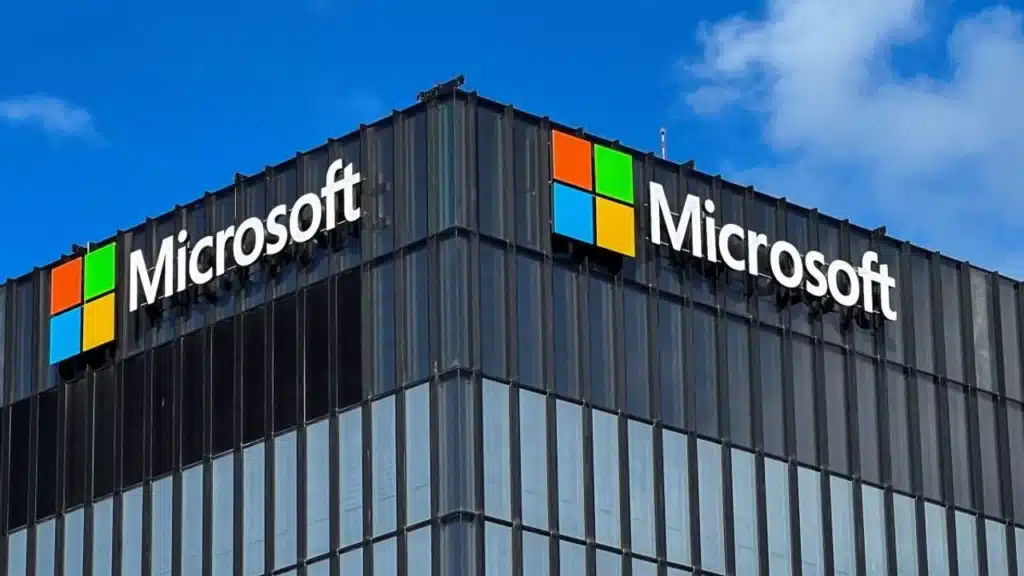Microsoft just made another major move in its quest to go carbon negative—and it’s a sign that climate tech is no longer optional for big business.
Earlier this week, Microsoft signed a 12-year agreement with CO280, a carbon removal startup based in Vancouver. The project, which focuses on capturing and permanently storing carbon emissions from a U.S. pulp and paper mill, represents a bold commitment to using technology not just to reduce emissions—but to reverse them.
While the partnership is part of Microsoft’s larger sustainability goals, it also raises important questions about how the tech industry is evolving to meet climate challenges—and what kind of skills, tools, and innovation will be needed in the years ahead.
Let’s dive into what this deal really means, and why it matters far beyond Microsoft’s balance sheet.
What’s the Deal?
Microsoft and CO280 have entered into a long-term partnership aimed at capturing 10,000 metric tons of CO₂ per year from industrial operations in the U.S. The captured CO₂ will then be mineralised and stored in concrete or other materials—effectively removing it from the atmosphere for good.
This carbon removal deal is not a typical offset scheme where emissions are simply ‘balanced’ by planting trees or funding clean energy. Instead, it focuses on permanent carbon removal, which is becoming the gold standard in climate responsibility for tech companies.
Microsoft has made clear that its goal is to be carbon negative by 2030, meaning it will remove more carbon than it emits. This partnership with CO280, along with other investments in direct air capture and low-carbon cement, shows how seriously the company is treating that commitment.
Why It’s a Big Deal
This move goes beyond corporate social responsibility—it’s a playbook for how tech companies can lead the charge in climate innovation.
Here’s why it matters:
- Real-world application: This isn’t a lab test or simulation. The project involves an operational U.S. manufacturing facility and will be monitored for effectiveness in actual industrial settings.
- Market validation: A 12-year commitment signals long-term faith in carbon removal as a viable, scalable climate solution.
- Inspiration for other corporations: As one of the biggest names in tech, Microsoft’s actions are closely watched. This deal could influence how other U.S. companies approach sustainability.
What Is CO280?
CO280 is a relatively new player in the climate tech space, but one that’s already gaining attention for its innovative approach. It focuses on carbon mineralisation—a process where captured CO₂ is converted into stable minerals by combining it with industrial waste products like slag or ash. These minerals can then be used in construction materials, keeping the carbon locked away for centuries.
It’s an elegant solution that tackles two problems at once: cutting emissions and reducing industrial waste.
Ascend Education’s Take: Climate Tech is the New Frontier for Careers
At Ascend Education, we see this news as a wake-up call for students, professionals, and educators alike. Climate tech isn’t just a niche anymore—it’s quickly becoming one of the most dynamic and important sectors in the tech industry.
Here’s why we believe this shift is so significant:
1. The Birth of a New Tech Domain: Carbon Intelligence
The Microsoft-CO280 deal is part of a larger trend: the rise of carbon intelligence. Companies now need experts who understand both climate science and technology—professionals who can use data to track, reduce, and remove carbon emissions.
We’re already seeing demand for roles such as:
- Sustainability data analysts
- Climate-focused software engineers
- Green cloud infrastructure architects
- Environmental systems integration specialists
At Ascend Education, we’re integrating these future skills into our curriculum, ensuring our learners are ready for the jobs emerging from these tech-climate intersections.
2. Sustainability is Becoming a Tech Skillset
Historically, sustainability was seen as an environmental or policy issue. But today, it’s deeply technical. From managing emissions data in the cloud to building AI tools that optimise energy usage, sustainability is now a tech-driven discipline.
That’s why we’re offering programs that cover cloud computing, data science, and AI with sustainability case studies—giving learners practical experience with green tech applications.
3. Long-Term Projects Require Long-Term Talent
A 12-year carbon agreement like Microsoft’s signals that climate commitments are not short-term trends. Companies will need trained professionals who can maintain, evaluate, and improve these systems over time.
This requires upskilling the current workforce and preparing new generations through K-12 and higher education systems.
At Ascend, we’re partnering with educational institutions to provide certifications in sustainability-focused tech, so learners can build both climate literacy and technical mastery from the ground up.
4. Tech Companies Must Lead by Example
Microsoft’s move reflects a broader expectation: that major tech firms won’t just talk about climate action—they’ll invest in it. This sets a precedent that smaller startups and educational institutions must match in scale or intention.
Ascend Education is actively involved in helping companies and schools build sustainability frameworks into their training, policies, and product development. Because the future isn’t just digital—it’s sustainable.
Final Thoughts
Microsoft’s deal with CO280 is more than a corporate sustainability story—it’s a signpost for where the industry is headed.
In this new chapter, tech and climate aren’t separate sectors—they are interdependent. The solutions to our biggest environmental challenges will come from software, sensors, cloud platforms, and AI systems, all built by a new generation of climate-tech professionals.
At Ascend Education, we’re committed to preparing that generation. Because building a greener future starts with building smarter, more sustainable skills today.


